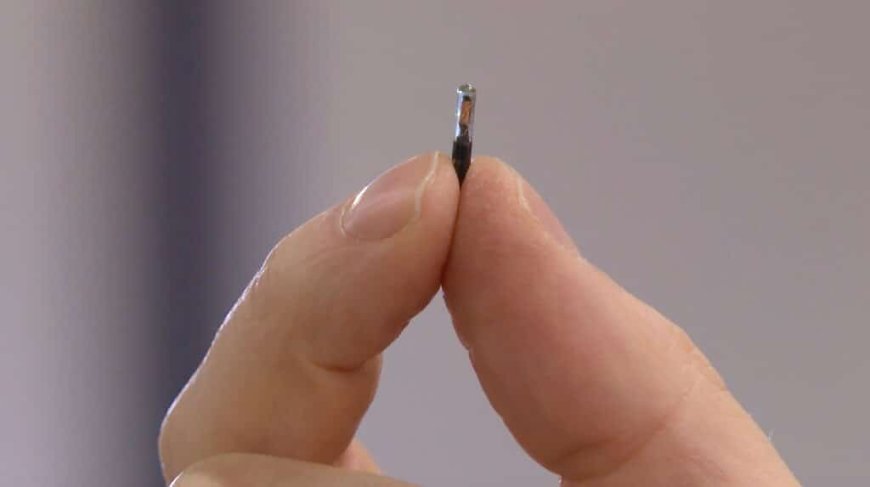Implications of human identity chips
Human identity chips, also known as radio-frequency identification (RFID) chips, are tiny microchips that can be implanted

Human identity chips, also known as radio-frequency identification (RFID) chips, are tiny microchips that can be implanted under the skin to store information about an individual's identity, medical history, and personal preferences. While the concept of human identity chips is not new, it has gained increased attention in recent years due to advancements in technology and the growing use of RFID chips in various industries.
The idea of using human identity chips has raised a number of important questions about the implications for privacy, security, and personal freedom. On one hand, proponents argue that these chips could bring a range of benefits, including improved medical care, faster and more efficient access to secure buildings and restricted areas, and the ability to quickly retrieve personal information in an emergency.
On the other hand, there are also serious concerns about the impact of human identity chips on privacy and individual autonomy. For example, the chips could be used by governments and corporations to monitor people's movements and activities, potentially leading to increased surveillance and decreased privacy. They could also be used to restrict individual freedom, such as by limiting access to certain areas or activities based on an individual's personal information.
In addition, there are also concerns about the security of the information stored on human identity chips. If the chips were to be hacked or the information were to be stolen, individuals' personal information and medical history could be put at risk. There are also concerns about the long-term safety and health implications of having a foreign object implanted in the body, as well as the potential for adverse reactions or complications from the implantation procedure.
Another issue related to human identity chips is the potential for discrimination based on the information stored on the chip. For example, employers may use the information stored on the chips to discriminate against certain individuals based on their medical history or personal preferences. This could lead to increased discrimination and decreased equality, which is a major concern for many people.
Finally, there are also concerns about the social and ethical implications of using human identity chips. For example, there are concerns about the impact of the chips on personal relationships and trust, as well as the potential for the chips to be used as a tool of oppression and control. Some people argue that human identity chips could lead to a loss of individuality and the dehumanization of people, as they become reduced to mere numbers and data points.
Despite these concerns, the use of human identity chips is likely to continue to grow and evolve in the coming years. While it is important to be mindful of the potential risks and to put in place measures to protect privacy and security, it is also important to consider the benefits that these chips could bring. By engaging in an open and honest public dialogue about the implications of human identity chips, we can ensure that this technology is used in a responsible and ethical manner that benefits everyone.
